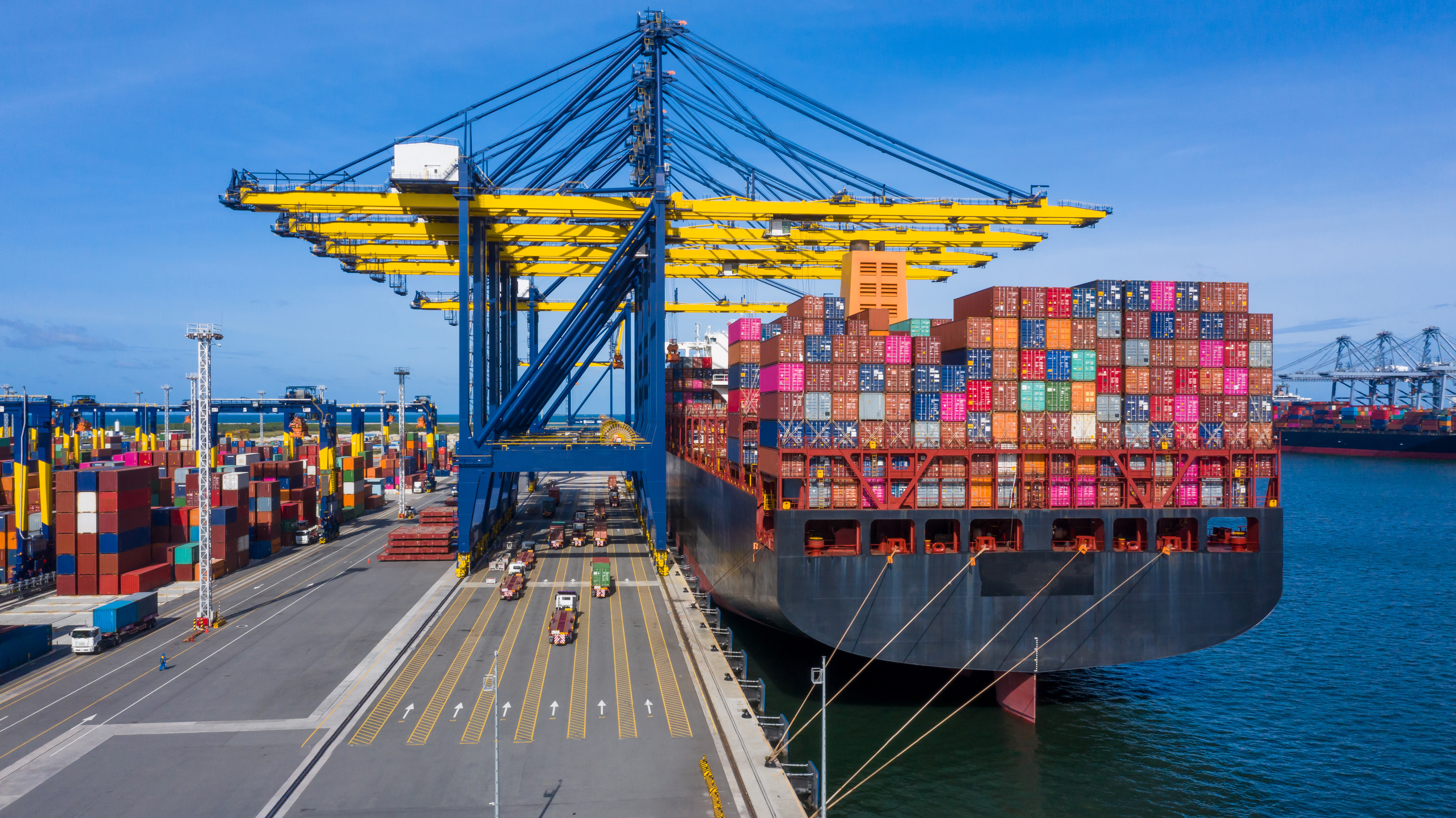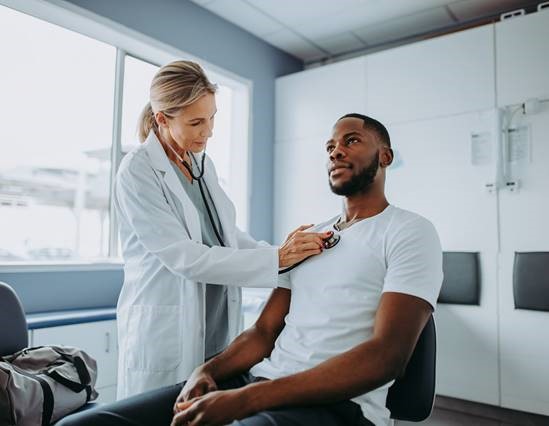If malaria is diagnosed and treated early, it is usually completely curable. However, if left untreated, it may lead to complications and, potentially, death.
UK Club Members have reported cases of death and serious illness (three months in hospital each) due to malaria. These cases arose despite the crew member being on medication to prevent the disease. It was later found that the crew members either did not have the correct medication, for the countries they were travelling to, or they were unsure about the correct dose they should be taking.
What is malaria?
Malaria is a life-threatening disease spread to humans by some types of mosquitoes. It is mostly found in tropical countries. It is preventable and curable with early treatment.
The infection is caused by a parasite and does not spread from person to person.
Symptoms can be mild or life-threatening. Mild symptoms are fever, chills and headache. Severe symptoms include fatigue, confusion, seizures, and difficulty breathing.
Infants, children under five years, pregnant women, travellers and people with HIV or AIDS are at higher risk of severe infection.
Malaria can be prevented by avoiding mosquito bites and with medicines. Treatments can stop mild cases from getting worse.
Malaria mostly spreads to people through the bites of some infected female Anopheles mosquitoes. Blood transfusion and contaminated needles may also transmit malaria. The first symptoms may be mild, similar to many febrile illnesses, and difficulty to recognise as malaria. Left untreated, P. falciparum malaria can progress to severe illness and death within 24 hours.
There are five Plasmodium parasite species that cause malaria in humans and two of these species – P. falciparum and P. vivax – pose the greatest threat. P. falciparum is the deadliest malaria parasite and the most prevalent on the African continent. P. vivax is the dominant malaria parasite in most countries outside of sub-Saharan Africa. The other malaria species which can infect humans are P. malariae, P. ovale and P. knowlesi.
According to the World Health Organization (WHO), globally in 2023, there were an estimated 263 million malaria cases and 597,000 malaria deaths in 83 countries.
The WHO African Region continues to carry the heaviest burden of the disease, accounting for an estimated 94% of malaria cases worldwide in 2023. The WHO Eastern Mediterranean Region has experienced a 57% increase in incidence since 2021, rising xvii to 17.9 cases per 1000 population at risk in 2023. The top five countries carrying the heaviest estimated burden of malaria cases in 2023 were Nigeria (26%), the Democratic Republic of the Congo (13%), Uganda (5%), Ethiopia (4%) and Mozambique (4%)
The dangers
If malaria is diagnosed and treated early, it is usually completely curable. However, if left untreated, it may lead to complications and, potentially, death. Some complications which can arise include: kidney failure, liver failure, acute respiratory distress, circulatory collapse, secondary infections and more.
Signs and symptoms
The most common early symptoms of malaria are fever, headache and chills.
Symptoms usually start within 10–15 days of getting bitten by an infected mosquito.
Symptoms may be mild for some people, especially for those who have had a malaria infection before. Because some malaria symptoms are not specific, getting tested early is important.
Some types of malaria can cause severe illness and death. Infants, children under 5 years, pregnant women, travellers and people with HIV or AIDS are at higher risk. Severe symptoms include:
- Extreme tiredness and fatigue
- Impaired consciousness
- Multiple convulsions
- Difficulty breathing
- Dark or bloody urine
- Jaundice (yellowing of the eyes and skin)
- Abnormal bleeding
People with severe symptoms should get emergency care right away. Getting treatment early for mild malaria can stop the infection from becoming severe
Prevention methods
- Carrying the correct medication for applicable geographic area on board in adequate quantities
- Mosquitoes are attracted by light and areas with stagnant water- care should be taken to ensure there is no stagnant water anywhere on a vessel and that the amount of light, where safe to do so, is reduced
- Ensure that no crew members sleep on deck
- Apply insecticides in cabins
- Use mosquito repellent sprays
- Avoid exposing skin
- Use mosquito nets which have been treated with an effective insecticide (on doors, windows, to sleep under and over ventilation holes, especially at night)
The severity of the above complications of malaria mean that it is imperative for vessels travelling within, or close to, the endemic regions to carry prophylaxis (preventative treatment).
Information obtained from the World Health Organisation’s Malaria fact sheet and report: https://www.who.int/news-room/fact-sheets/detail/malaria
https://www.who.int/publications/i/item/9789240104440
Countries and Areas certified Malaria Free by the World Health Organisation: https://www.who.int/teams/global-malaria-programme/elimination/countries-and-territories-certified-malaria-free-by-who
For further guidance please refer to the following:
International Transport Workers' Federation (ITF) malaria resource: https://www.itfseafarers.org/en/resources/malaria
International Seafarers Welfare and Assistance Network (ISWAN) malaria guide for seafarers: https://www.iswan.org.uk/resources/publications/malaria-a-guide-for-seafarers/




![The Solomon Trader [2025] EWCA Civ 1387: The ‘pay to be paid’ rule affirmed in the Court of Appeal](/fileadmin/uploads/ukpandi/News_Images/AdobeStock_104743067.jpeg)
